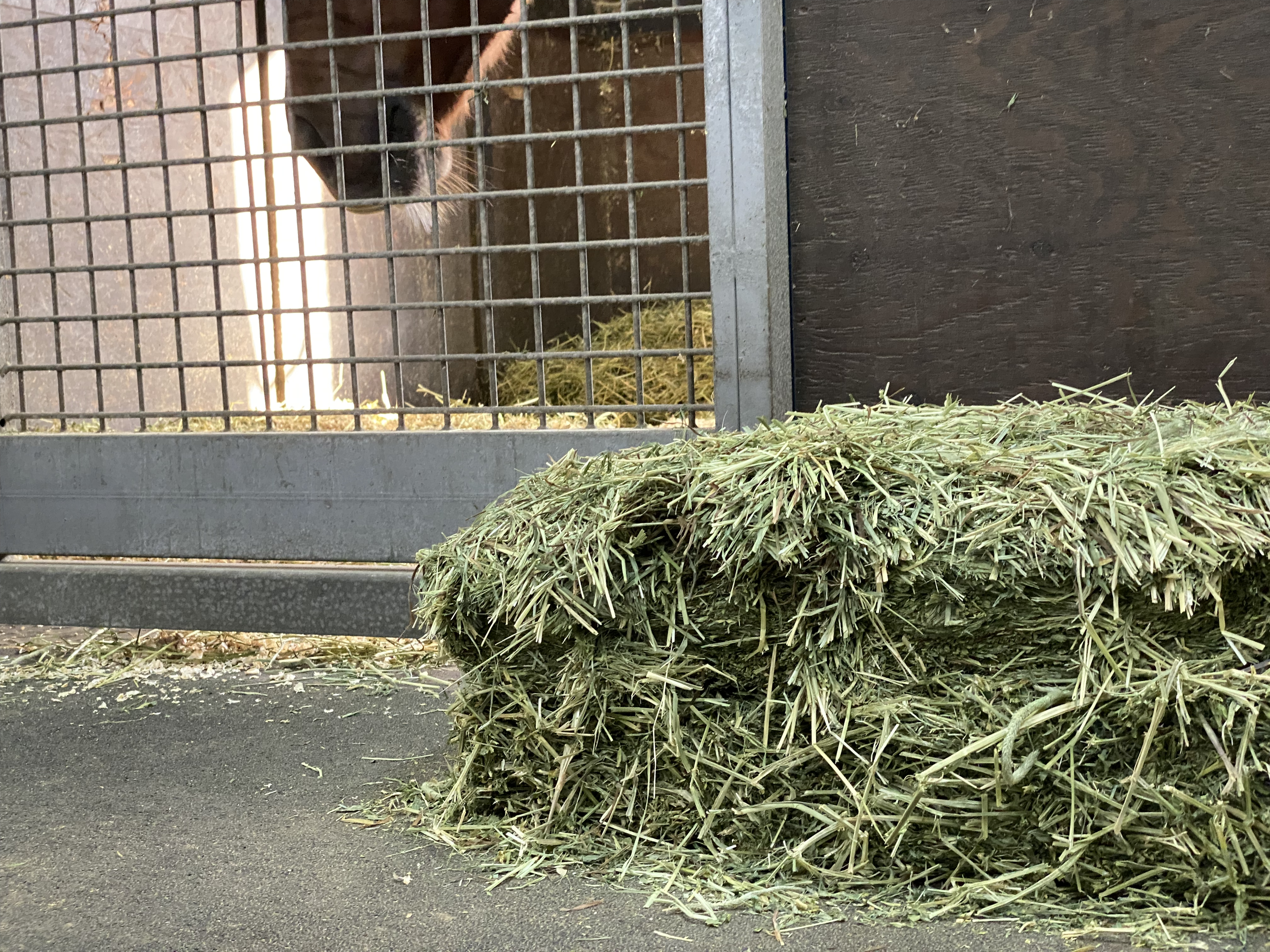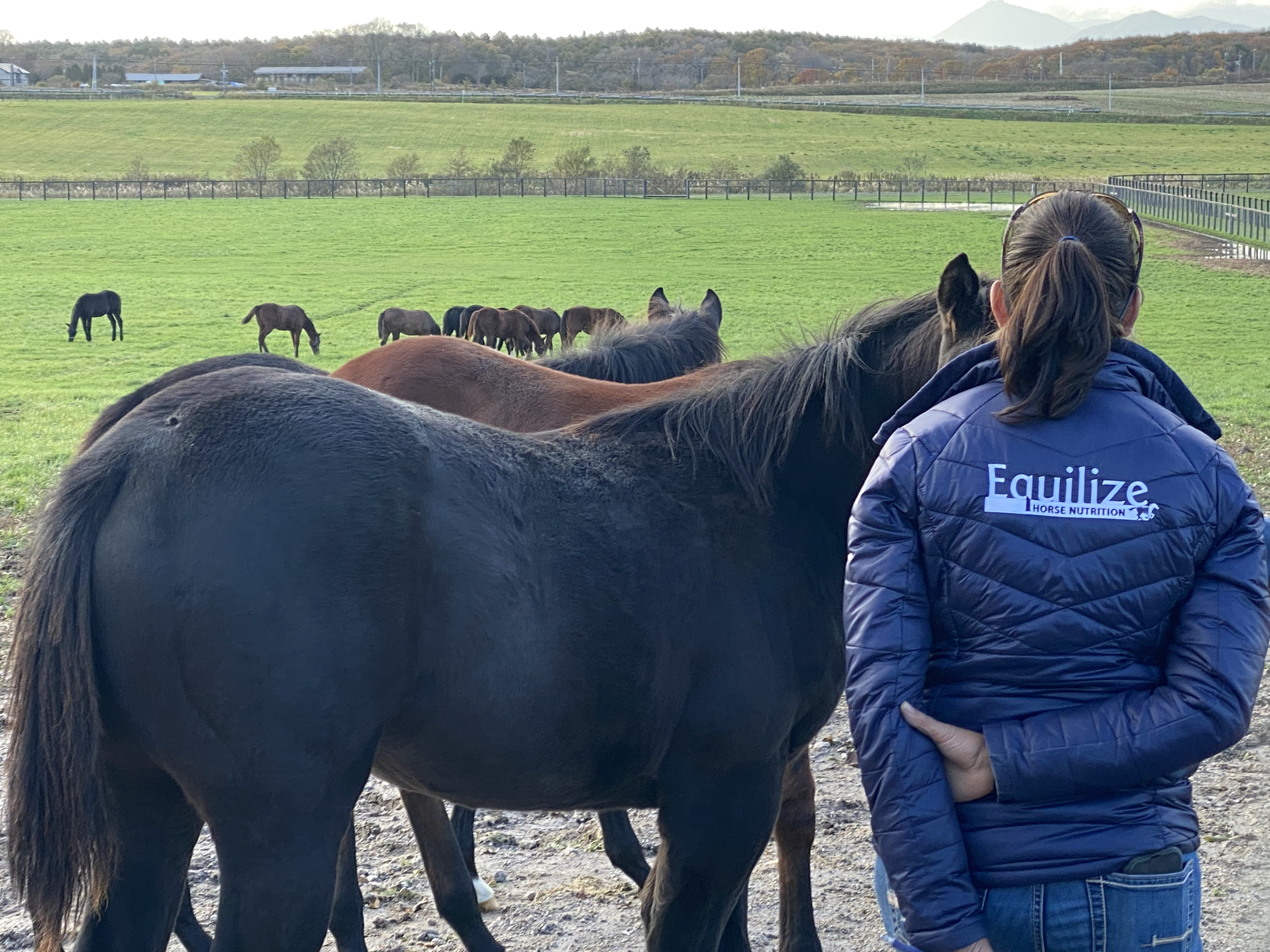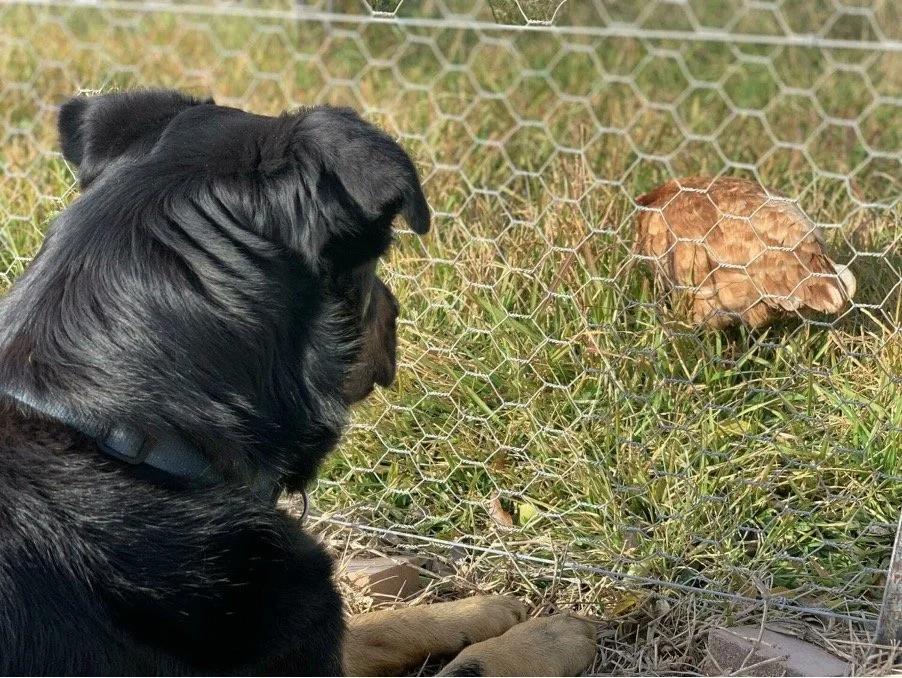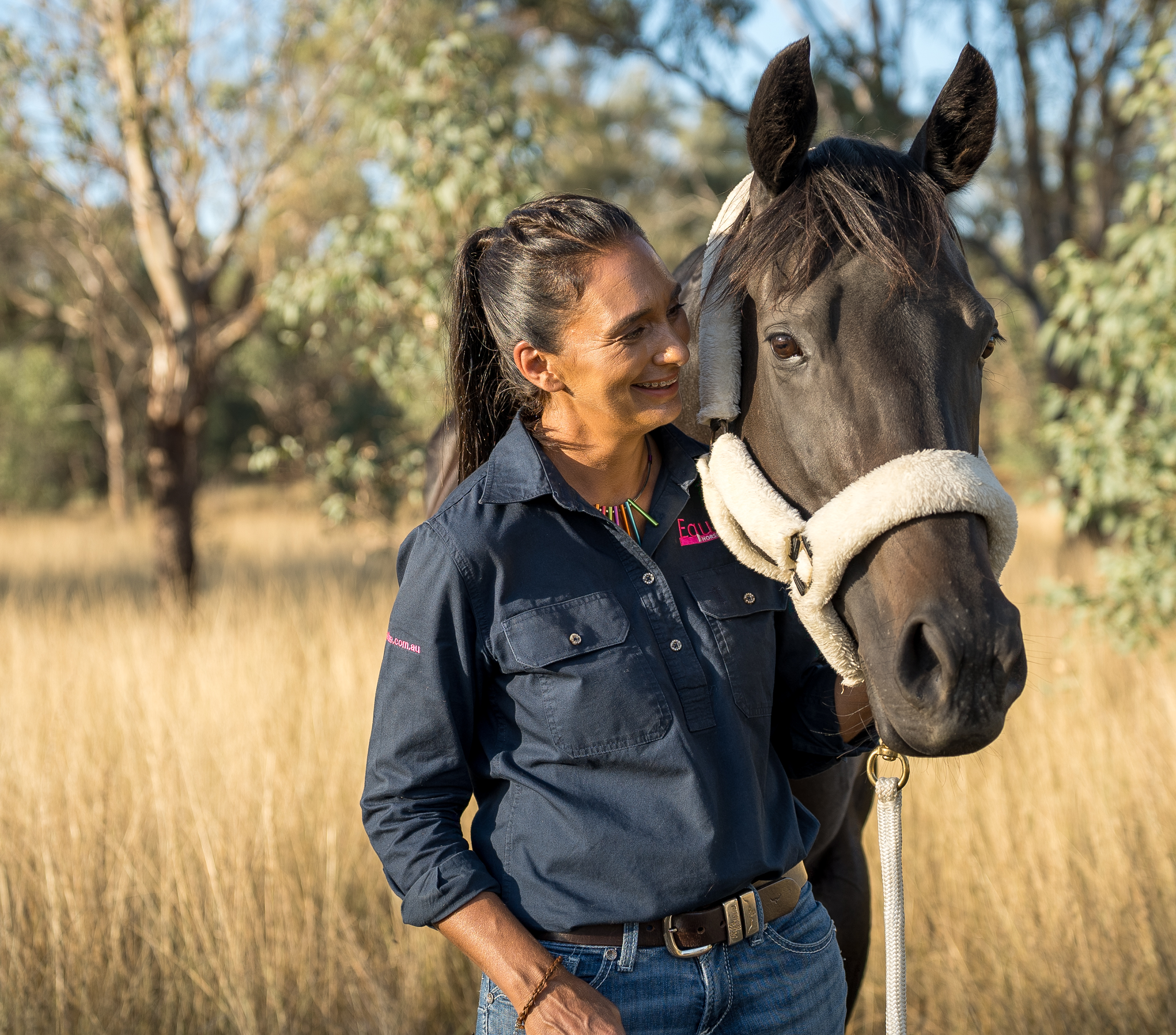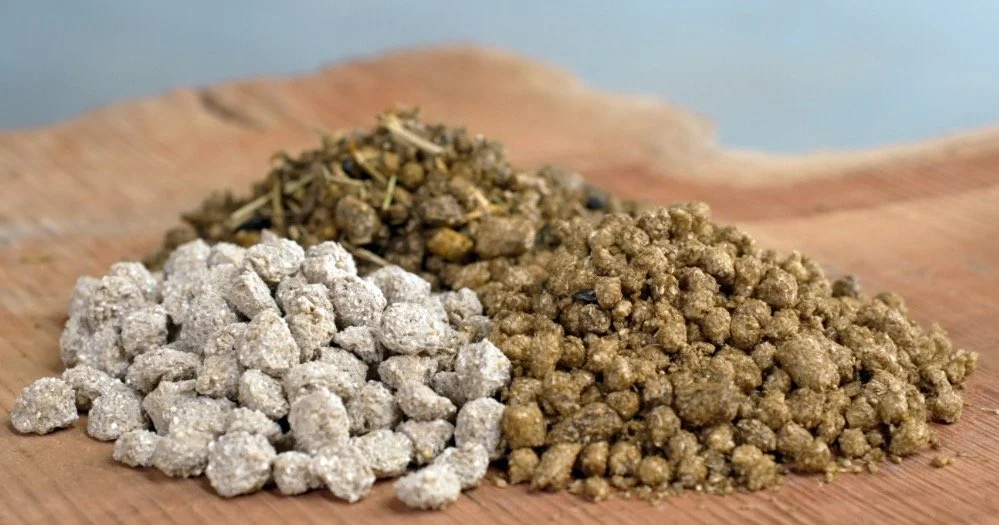Hindgut microbes and their impact on everything!
Podcast #9. Want to unlock better health and performance for your horse? Start with the gut!
Q&A: Ulcers, anxiety, and weight loss
Podcast #8. In this Q&A episode, Dr Nerida tackles real-world feeding challenges: what hay to choose for a horse with ulcers, how to support an anxious mare, and what to feed a Shetland that’s dropping weight (and yes! Who knew this was even possible!!)
Drought feeding (part 2)
Podcast #7. Drought conditions increase the risk of ulcers, sand colic, and digestive upset — but smart feeding can reduce the danger. In this episode, Dr Nerida shares practical tips to keep your horse’s gut safe, happy, and functioning well when forage is scarce.
Is copra meal a good feed for horses?
Is copra meal a good feed for horses?! This has to be one of the most common questions I have been asked in my career. What do I think of copra meal? Let’s dig into that…
How to cook your own grains to make them safe for your horses
Cooking cereal grains before you feed them to your horse is absolutely essential (with the exception of oats). Cooking improves how easy the starch inside the grain is to digest. The starch (the white stuff you can see in the middle of the grain) is the major source of energy contained in grains and it is the single reason we feed cereal grains to horses.
Drought feeding (part 1)
Podcast #6. Feeding through drought? Here’s what your horse really needs.
Switching on muscle building
As horse owners, one thing we LOVE is when our horses are well muscled! It looks beautiful AND it is also very functional!
Feeding horses when away from home
Podcast #5. Feeding on the road? Don’t leave your horse’s gut behind.
Bone health with Dr Brian Nielsen
Podcast #4. Did you know that our traditional exercise and management regimes of performance horses can contribute to a decline in bone health? And may even lead to catastrophic bone injury!
Feed lucerne hay before you ride
Podcast #3. Lucerne before riding? Absolutely — and here’s why…
A journey down the gastrointestinal tract
Podcast #2. A horse's gastrointestinal tract is unique and complex. In this episode, Dr Nerida demystifies the horse's gut!
Feed your horse like a horse
Podcast #1. In this episode, Dr Nerida talks about feeding your horse, like a horse... We can't (and shouldn't) fight 55 million years of evolution.
Are You Feeding Your Horse Enough Hay?
There is a very good reason the saying “You eat like a horse” exists; Horses. Eat. A. Lot!!! The amount of forage you feed your horse has a HUGE impact on the health, welfare, behaviour, gut health and performance of your horse as well as your horse’s risk of diseases like colic and gastric ulcers.
Feeding the Weanling
Weanlings are funny little creatures, endlessly curious, prone to mischief and constantly walking the tricky balance between growing fast enough to achieve their genetic potential but not growing so fast that they end up with bone or joint disease.
And because of this balance that must be achieved between growth and skeletal health, their nutrition can be challenging.
Why your horses won’t show you they are in pain… lessons from Chewy and the chicken
Did you know that horses WILL NOT show you they are in pain until the pain is so bad they can no longer hide it!
Nerida’s PhD Thesis
Abstract: Cereal grains do not form part of the natural diet of equines, however, results from an initial survey conducted, suggest that horses in the Australian thoroughbred industry are currently being fed on average about 7 kg of grain concentrate/day. Horses are not well equipped to digest the starch from cereal grains in the small intestine and as a consequence, the hindgut fermentation of starch, which may lead to hindgut lactic acidosis and diseases such as laminitis, is an evident problem in the thoroughbred industry.
Feeding confined horses: Balancing nutrition for recovery
Feeding a horse confined to a stable is a balancing act! You need to balance between giving them plenty to eat, to keep them chewing, happy and occupied… AND not giving them so much to eat that you have them bursting with energy and climbing the walls. Here is a little help on how to do it!
Why Oats Are the Safest Grain Choice for Your Horse
Oats and horses are well made for one another. Of all of the cereal grains we can feed to horses, oats are the only grain that can be fed safely without being cooked.
Sunbleaching or Sweat?
As a lover of chestnut horses, and a nutritionist, sunbleaching had frustrated me for YEARS! My gelding Poet, a stunning almost liver chestnut in the spring, would bleach to a homeless looking colour by the end of our hot summers… leaving me wondering if perhaps his mineral balance wasn’t quite right.
Do gastric ulcer medications affect digestion?
A racing client asked me this recently and it reminded me that when I was studying during my PhD tenure, we had looked at the effect of pre-incubating grains in pH 3.7 equine stomach fluid on the digestion of starch from those grains.
And what we found was that starch from grains that were exposed to equine stomach fluid before being digested by small intestinal enzymes was between 17% (extruded rice) and 104% (cracked triticale) MORE digested than starch that wasn’t exposed to the stomach fluid.













